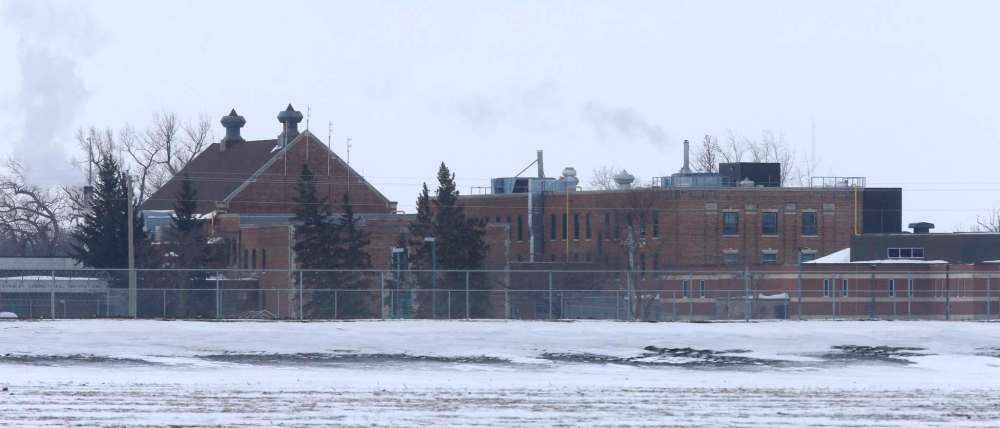Rising COVID-19 cases at Headingley Correctional Centre concerning for local advocates
Advertisement
Read this article for free:
or
Already have an account? Log in here »
To continue reading, please subscribe:
Monthly Digital Subscription
$19 $0 for the first 4 weeks*
- Enjoy unlimited reading on winnipegfreepress.com
- Read the E-Edition, our digital replica newspaper
- Access News Break, our award-winning app
- Play interactive puzzles
*No charge for four weeks then billed as $19 plus GST every four weeks. Offer only available to new and qualified returning subscribers. Cancel any time.
Read unlimited articles for free today:
or
Already have an account? Log in here »
Hey there, time traveller!
This article was published 30/10/2020 (1529 days ago), so information in it may no longer be current.
As the number of confirmed COVID-19 cases continues to rise at Headingley Correctional Centre, advocates for people who are incarcerated say their concern is rising too.
Thursday, the number of cases stood at 44, with 34 inmates and 10 staff testing positive in the provincial jail. By Friday, the total number had risen to 69.
An inmate, granted anonymity by the Free Press, told reporter Kevin Rollason that he didn’t understand why widespread testing hadn’t yet been pursued in the facility.

“People who are sick aren’t coming forward,” the inmate said. “If they come forward, all they are doing is putting them in segregation. You can’t just lock up people in segregation because they’re sick, but that’s what they’re doing. So no one is coming forward for testing.”
This story, previously reported Friday, is worrying for the acting executive director of the John Howard Society of Manitoba, Sharon Perrault. Perrault says it is about striking a balance between providing the physical safety and isolation needed to try and quell the spread of COVID-19 and understanding the impacts for an inmate who might be moved into solitary confinement.
“The quickest way for a person to deteriorate is for them to be isolated,” Perrault said. “It’s not that much different from people who have to isolate in the community, you become so isolated. Now that’s even more compounded when you’re surviving a sentence.”
It’s critical that inmates have access to resources not only for their physical wellbeing, but also mental health supports at this time, she said.
“We’re (all) looking for strategies to get through the winter,” Perrault said. “Now that’s even more exacerbated for people who are incarcerated because they don’t even have the same options as we do.”
John Howard Society staff members haven’t had access to jails and prisons since the lockdown this spring and have had to work with staff members at the facilities in order to deliver services. But as a result, Perrault said, she and the staff aren’t as in the loop about what resources are being offered during this time.
“We don’t know all of the facts. But someone felt it necessary to come forward and that in and of itself is a concern,” Perrault said.
sarah.lawrynuik@freepress.mb.ca

